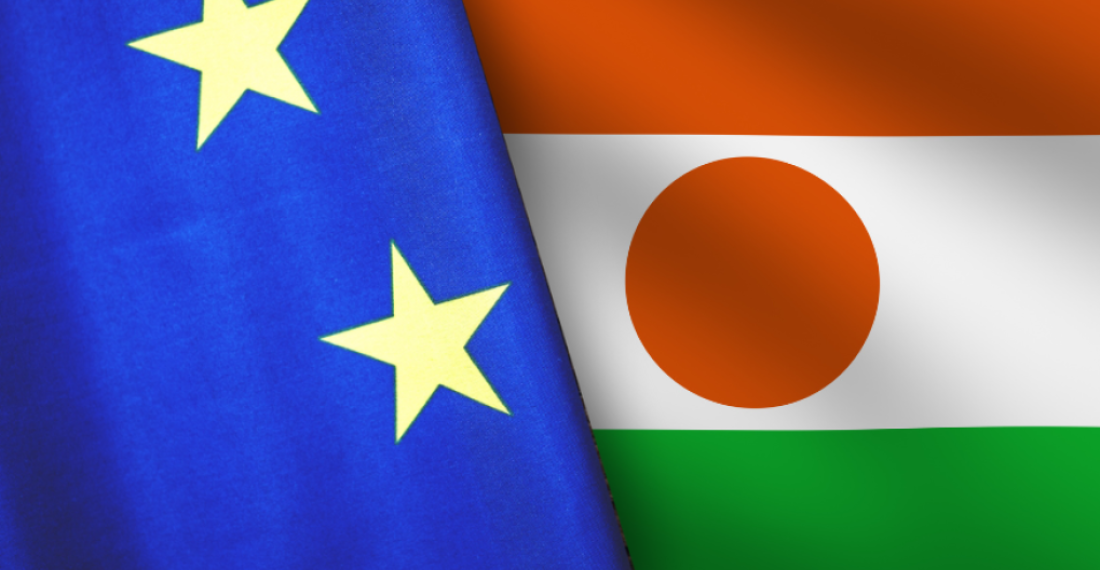Josep Borrell, the High Representative of the European Union for Foreign Affairs and Security Policy, will visit Niger on 5 and 6 July, the European Union has announced. He is due to have bilateral meetings with the EU civilian mission EUCAP Sahel Niger.
In a press release, the EU's External Action Service wrote that "the visit will offer an opportunity to further strengthen the EU-Niger partnership and to engage on a variety of bilateral, regional and global issues."
"These will include, amongst others, Niger’s socio-economic development and humanitarian questions, the stability of the Sahel region and the fight against terrorism and organised crime, the two CSDP missions EUCAP Sahel Niger and EUMPM Niger, migration, the green transition well as other global affairs and Russia’s aggression against Ukraine."
Upon arrival on 5 July, Borrell will be welcomed by the Nigerien President Mohamed Bazoum and will have a meeting with the President and several ministers in the capital city, Niamey. They will also jointly inaugurate a solar power plant, co-funded by the European Union.
On 6 July, Borrell is due to travel to Agadez, where he will meet the Governor Sadou Soloké and the President of the Regional Council, Mohamed Anako. In the afternoon, he will visit the field office of EUCAP Sahel Niger in Agadez and the EU-funded social housing project DESERT, the EU writes.







